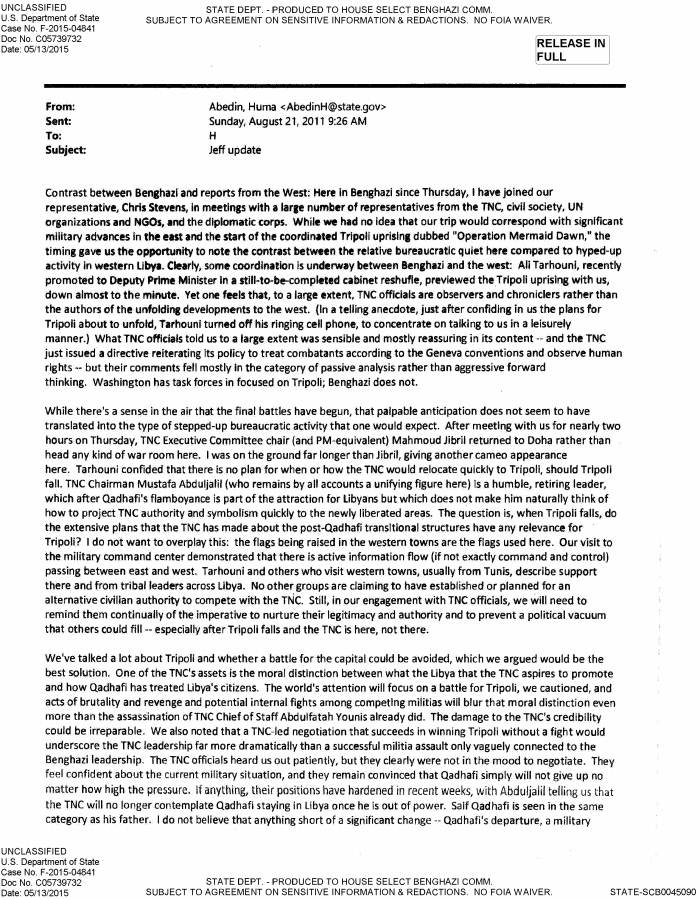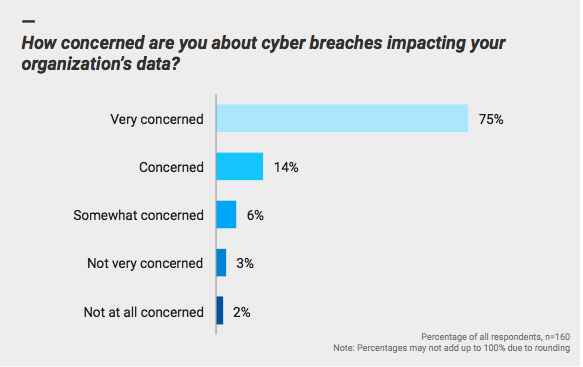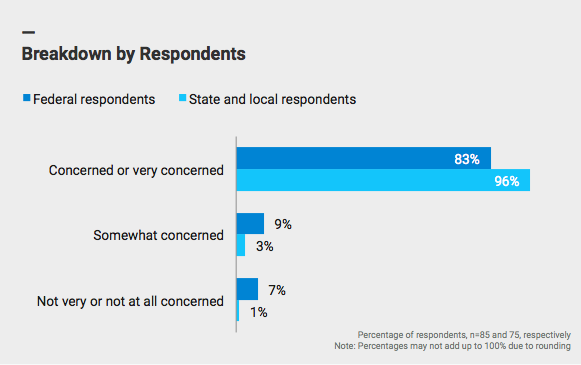
Text messages, dinners, dropping documents and negotiations. Ever wonder who is tied to whom and what goes on in DC? Here is a peek while lawsuits are flying.
Bill Press hired by Bernie Sanders: Press put together two dinners for Sanders with about a dozen people at his house on Capitol Hill. One was in April, the other in November.
Among those who attended one or both: Susan McCue, a former chief of staff for Senate Democratic leader Harry M. Reid (D-Nev.); Rep. Keith Ellison (D-Minn.); Brad Woodhouse, a former Democratic National Committee spokesman who now heads the liberal super PAC American Bridge 21st Century; Rep. Barbara Lee (D-Calif.); and Alyssa Mastromonaco, former deputy chief of staff in the Obama White House who had answered phones in Sanders’s congressional office back when she was a college student in Vermont.
At the first dinner, “Bernie gave his ideas. We all kicked it around,” Press said. “The main thing that came out of the first meeting was there was a possibility and a need for somebody to raise those issues, but if he ran, he should definitely run as a Democrat.”
Devine led the discussion at the second dinner, and “basically laid out a plan of how to get from here to there,” Press said. “It was much more focused and much more real. Bernie took that, and off he goes. It was only a matter of when, not if, he announced.”
As Hillary advances in her bid for president: The opening months of her presidential campaign were a deluge of bad news for Clinton.
First came the revelation that she had been using a private email account, rather than a government one, for conducting business as secretary of state. Then a spate of stories about the finances of the Clinton Foundation and her six-figure speaking fees. Then came the news that Vice President Biden was considering a late entry into the race — in part because some Democrats worried that Clinton was starting to look like a weak general election candidate.
In October, it was coming to a head, with the added tests of the first Democratic debate and her grilling before the House Select Committee on Benghazi.

The day before she was to testify, Clinton and her aides were holding a prep session at her dining room table in Washington when communications direction Jennifer Palmieri got a text message telling her to turn on CNN. Biden was heading for the Rose Garden, with President Obama in tow. That choice of venue could mean only one thing, they knew: Biden was not running. One crisis was averted.

Hillary get ready for a daily crisis: Clinton was preparing to leave home for Capitol Hill, she got a jarring call from longtime aide Cheryl Mills. With just an hour to go before the start of the hearing, the Republicans had just dropped a binder full of hundreds of documents they intended to use in their questioning — documents that Clinton had not prepared for.
Among them, Clinton aides say, was an email she had sent to her daughter, Chelsea, on the night of the attacks in which the secretary blamed “an Al Q[a]eda-like group.” GOP lawmakers saw it as a smoking gun, evidence that the Obama administration knew the attack had been terrorism even though officials initially said the incident had been sparked by an anti-Muslim video.
Hillary, ‘where is David’?: Clinton lawyer David Kendall had negotiated to prevent something that could have been more damaging: a plan by committee Republicans to have Clinton raise her right hand and be sworn in at the opening of the hearing, which would have produced an image that would be a GOP admaker’s dream. Instead, Clinton signed an oath before the hearing started.
(The above snippets are from the Washington Post, to read the full article, click here).
Williams & Connolly lawyer represents Hillary Clinton.

NationalLawJournal: A government watchdog group is suing for emails and other communication between Hillary Clinton’s personal lawyer David Kendall and the U.S. Department of State about any confidential information stored on Clinton’s private email server.
Kendall, of counsel to Williams & Connolly, has served as the Clintons’ personal lawyer since the early 1990s. He is representing Hillary Clinton as she responds to demands for emails on the private server she used as secretary of State and for information about how the server was maintained.
In a lawsuit filed by Judicial Watch on Jan. 29 in the U.S. District Court for the District of Columbia, the group said it sent the State Department a request in September for all records of communications between Kendall and the State Department about confidential or potentially confidential information on Clinton’s server or any copies of the server.
The group filed suit after several months passed with no response besides a general acknowledgement that the State Department received the records request in October.
Kendall declined to comment Monday.

It’s not the first time that Kendall has been the subject of public-records requests related to the Clinton email controversy. In September, two lawsuits were filed in the D.C. federal district court—one by the James Madison Project and another by journalist David Brown—seeking records about the State Department’s decision to allow Kendall to keep a thumb drive in his office with copies of emails from Clinton’s server.
The James Madison Project, a government watchdog group, joined by journalist Shane Harris, explicitly asked for copies of communications between the State Department and Kendall about the thumb drive.
In both cases, the State Department told the court in December that it had identified thousands of pages of documents that might be responsive to the requests. The State Department was ordered to update the court on its progress by Feb. 12.

Kendall is also no stranger to Judicial Watch. Since the 1990s, court records show that he represented the Clintons as they defended against various lawsuits Judicial Watch filed.
The federal district court in Washington is handling dozens of public-records cases tied to Clinton’s email server. Some of the requests are for emails from the server, while others more broadly seek information about how Clinton and the State Department managed the server and the exchange of confidential information.
State Department officials have repeatedly told judges in these cases that they are understaffed and overwhelmed by the volume of requests, which has led to delays.
The State Department has been reviewing 55,000 pages of emails from Clinton’s server to release to the public under court order. The department was supposed to produce the last batch of emails—about 9,000 pages—by Jan. 29. The agency missed that deadline and instead produced 1,670 pages, according to news reports.






